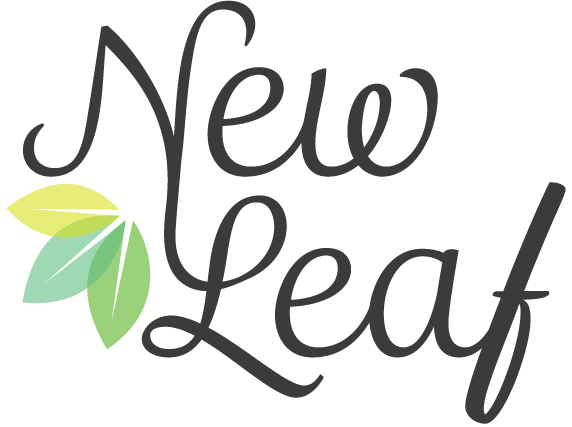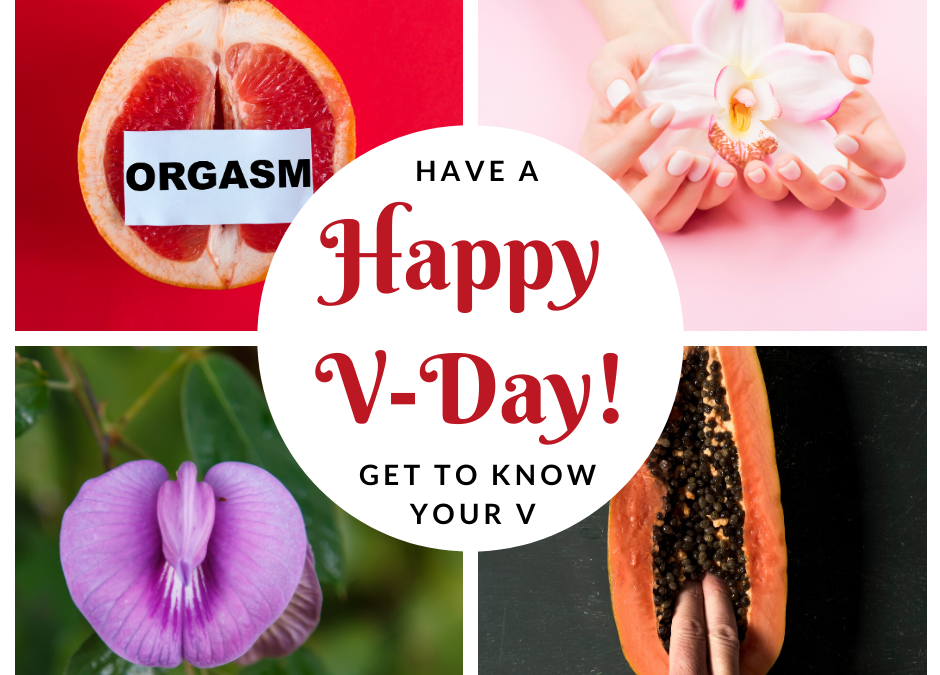To be frank, I think St. Valentine’s Day is so overrated and superfluous. Why spend one day showing/telling your significant other how much you care for them, when you can do this any and all days?
What you CAN do this V-DAY that can make a massive difference to your health, wellbeing, and even your sex-life, is GET TO KNOW YOUR V.
Actually, Ladies, you have 2 Vs that you should get to know- your VULVA & VAGINA.
Let’s start with your VULVA. What is it, you may ask. And you wouldn’t be alone. Many women don’t know what their vulva is, although they may have a vague idea. Your vulva is your external genitalia, the part of your privates that is outside of your body. See this link for a labelled diagram. https://www.urmc.rochester.edu/encyclopedia/content.aspx…
No two vulvas are the same, and there is no one way that your vulva should look. Many women, and especially young women, are ashamed of what their vulva looks like, to the point that female genital cosmetic surgery has become a growing trend, with a popular look being called “The Barbie”. What? Barbie has no discernible vulva! To me this trend shockingly sad and a sign that we are “out of touch” with what normal, varied, functional and protective female genitalia is.
How can girls and women be powerful, independent thinkers, and confident in life, let alone the bedroom, if they are taught to believe that their PRIVATE, INTIMATE anatomy is supposed to resemble that of a plastic doll?
Further to this, how are girls and women going to know when there are changes in their vulva, possibly indicating a vulvar condition or even cancer, when they are too embarrassed or even repulsed to look at this important part of their body?
Regular self-examination and getting to know one’s vulva is essential for early detection. https://www.betterhealth.vic.gov.au/…/con…/vulval-conditions
https://www.cancer.org/…/detection-diag…/signs-symptoms.html
Your VULVA is UNIQUE. It’s ONE-OF-A-KIND. This is something to be celebrated!
Now, on to the VAGINA! I think we all know what that is, don’t we?
Well, maybe not exactly. Many women refer to their vulva as the vagina. As you learned above, that’s not the case.
Your vagina is the muscular, elastic part of your internal genitalia that starts at the vaginal opening and goes to the cervix, which is the neck of your uterus. Bartholin’s Glands, located near the opening of your vagina, release fluid that lubricates your vagina when you are turned on, making sex feel better. Your G-spot is located a few inches inside your vagina, on the front wall. It swells when you’re turned on and feels a-maz-ing when you find it during sex or masturbation.
https://www.plannedparenthood.org/…/what-are-parts-female-s…
Just like with the vulva, it’s important the we women know our vagina so that we can, besides enjoy it, be alerted to any changes that may indicate an infection or other problem. https://medlineplus.gov/vaginaldiseases.html
Your vagina and vulva will both change as you go through life.
At any time in life, but often associated with childbirth or menopause, you may start to have pelvic floor problems that include but are not limited to leaking, pain during sex, loss of sexual pleasure or even the ability to orgasm, and pelvic organ prolapse, during which one or more of your pelvic organs starts to collapse into your vagina and exit your body. It is absolutely vital to recognise that, while these commonly occur, they are NOT to be suffered in silence. A majority of these dysfunctions can be improved or managed with conservative treatment such as properly prescribed exercises. Your absolute 1st stop for these is a Women’s Health Physiotherapist. No referral is necessary in Australia. Just make an appointment and go.
Starting in peri-menopause, you may notice a decrease in the lubrication and/or thinning of tissue of your vagina. Sex may become less pleasurable due to these. You can use lube to help with the first problem. For both you can consult a health professional who specialises in the field of women’s health/menopause (doctor, naturopath, women’s health physio) who can help you support your hormonal and total physical and mental health as you go through this transition. This can mean different things to different women, from using topical hormonal treatment in the vagina (I did and it helped!), to a natural, wholistic lifestyle approach (important!), hormone replacement therapy, or a combination of approaches.
So, I hope you now understand the importance of getting to know your Vs, if you didn’t already.
Spend some time alone, or with your partner, to explore these areas and familiarise yourself with them. I suggest that your G-spot should be included on this special V-Day exploration!
If you live in the area and getting to know how to properly, effectively use your core and pelvic floor sounds like something you need to do, check out my Core & Floor: Foundation to Flourish program details and registration on https://newleaffitnessandwellbeing.com/fit-and-well-women/#core .
Or contact me with questions not addressed on the Core & Floor page or FAQs!
Make sure to SIGN UP FOR MY (infrequent) NEWSLETTER containing early sign up links for offerings, special offers, links to workouts, recipes, and more!
Also, HEAD ON OVER TO MY PAGE ON Facebook for fabulous information, special groups, and the first place that I post special offers and events!
Take care of yourselves, Ladies! YOU.ARE.WORTH.IT.
x Gillian
EMPOWER YOURSELF by learning how to regain or protect your healthy, strong and natural body functions, starting at the deep core and connecting to the rest of your body. Discover a path to moving strongly again throughout your day and life. Find out how what you eat can help you combat these issues. Learn strategies for coping with excess stress, asking for help and dealing with life laundry, and how these can improve your women’s health issues and overall health. Discover all this and more in all of my specialised wholistic offerings for:
- Pregnancy
- Post Natal
- Peri-Post Menopause
- Core & Floor Connection and Function for any stage of life
These are available as:
- 1:1 Personal Sessions and
- Small Group Classes
Check out my FAQs page, informative Blog pages, and relevant program and class pages for more information and to get answers to any questions you may have. If after that you still need more information, Contact Me!

